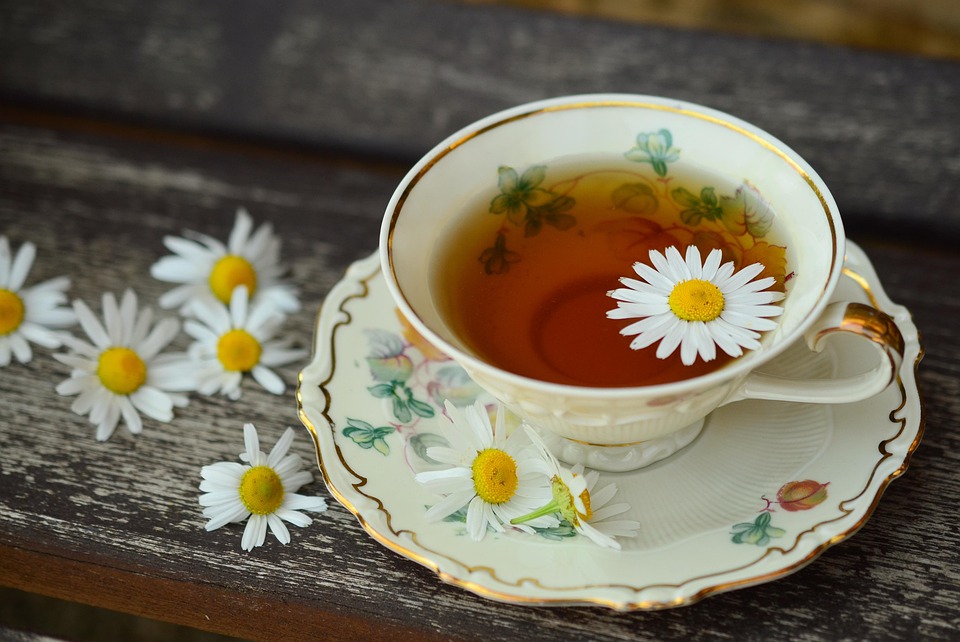In recent years, the global awareness surrounding climate change and environmental sustainability has significantly influenced numerous industries, and the tea industry is no exception. As consumers increasingly prioritize eco-friendly practices, tea producers are adapting by embracing sustainable methods that benefit both the planet and their businesses. This article explores how sustainability is reshaping the tea industry, from cultivation to packaging.
The Growing Demand for Eco-Friendly Options
The rise of the eco-conscious consumer has been a driving force behind the demand for eco-friendly teas. Many modern tea drinkers are not only interested in what’s in their cup but also how it’s produced. Concerns about pesticide use, carbon footprints, and fair trade practices have sparked a shift towards teas that uphold sustainable values.
Sustainable Farming Practices
One of the most significant changes within the tea industry is the adoption of sustainable farming practices. Organic tea farming, which eliminates synthetic pesticides and fertilizers, has gained immense popularity. Farmers are turning to natural alternatives that enhance soil health and biodiversity, reducing their environmental impact.
Additionally, many tea producers are practicing agroforestry—integrating tea cultivation with tree planting. This method not only helps restore ecosystems but also aids in carbon sequestration. By creating tea gardens that mimic natural forests, producers are fostering habitats for local wildlife and contributing positively to the environment.
Ethical Sourcing and Fair Trade
Sustainability in the tea industry also extends to ethical sourcing. Fair Trade practices ensure that farmers receive a fair price for their produce, supporting their livelihoods and communities. Companies that adhere to these principles are not only helping to uplift marginalized farming communities but are also building trust with consumers who value ethical consumption.
Many brands are now emphasizing transparency in their supply chains, allowing consumers to trace the journey of their tea from farm to cup. This shift towards accountability is fostering a deeper connection between consumers and producers, encouraging mindfulness in purchasing decisions.
Innovative Packaging Solutions
The tea industry is also rethinking its approach to packaging. Traditional packaging methods often involve non-recyclable materials that contribute to waste. However, eco-friendly teas are increasingly being offered in biodegradable or recyclable packaging.
Brands are exploring alternatives like compostable tea bags and reusable containers, which minimize waste and reduce the overall environmental impact. This commitment to sustainable packaging resonates with consumers who are striving to reduce their ecological footprint.
The Role of Education and Awareness
Education plays a crucial role in the movement towards eco-friendly teas. Many companies and organizations are actively working to raise awareness about the environmental and social impacts of tea production. Initiatives like workshops, online campaigns, and collaborations with environmental NGOs are helping to inform consumers about the importance of choosing sustainable options.
Social media has also become a powerful tool for spreading awareness. Influencers and tea enthusiasts are showcasing eco-friendly brands and practices, inspiring others to make informed choices.
Conclusion: A Tea Revolution
The ongoing shift towards sustainability in the tea industry is a testament to the power of consumer choice. As more individuals demand eco-friendly options, tea producers are evolving to meet these expectations. Sustainable farming practices, ethical sourcing, innovative packaging, and increased awareness are all contributing to a tea revolution that prioritizes environmental health and social responsibility.
By choosing eco-friendly teas, consumers are not only enjoying a delicious beverage but also supporting a movement that promotes a healthier planet and fairer economic practices. The future of the tea industry looks promising, with sustainability at the forefront of innovation and growth. As we sip our favorite brews, let’s raise our cups to a greener and more sustainable world.



